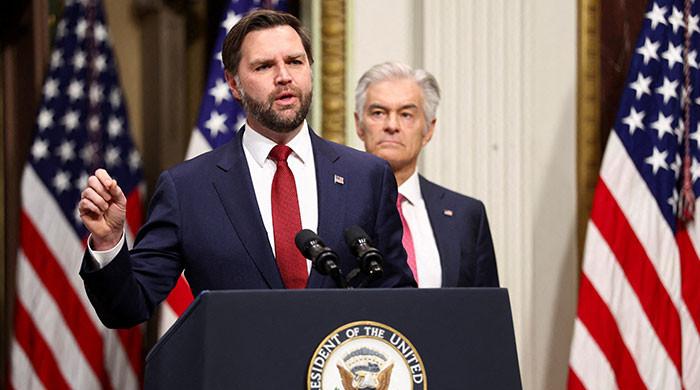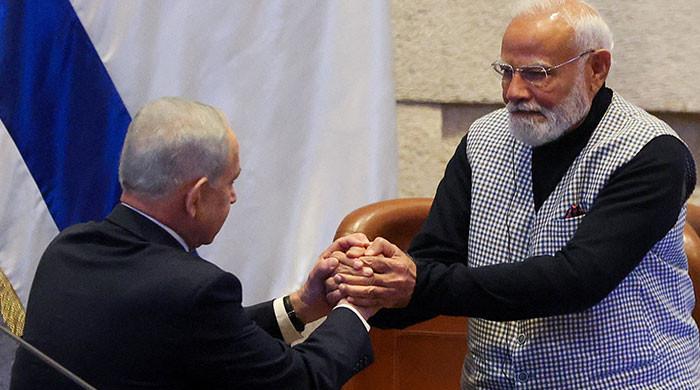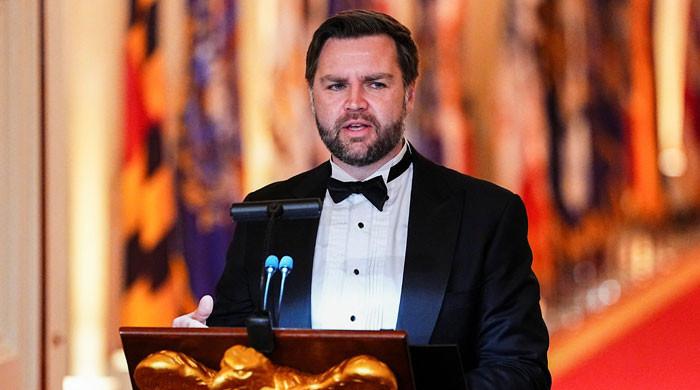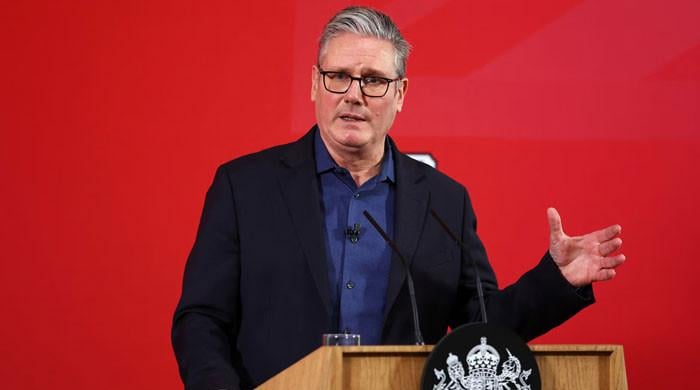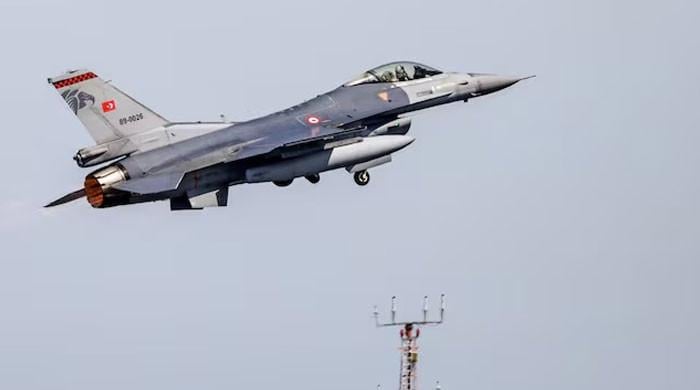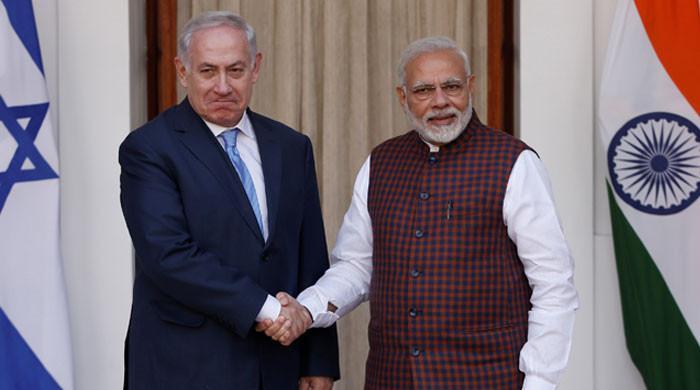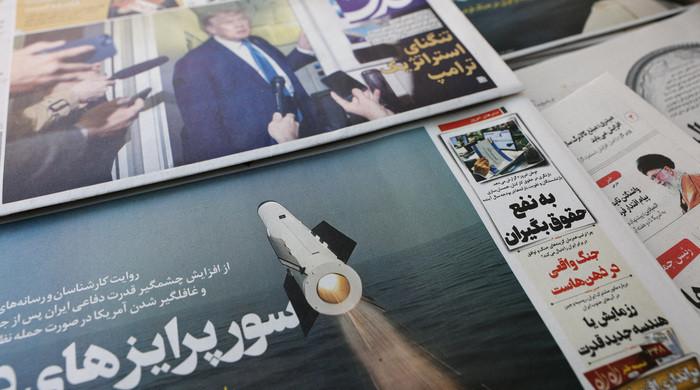Russia completely withdraws from CFE Treaty: foreign ministry
Russia accused the US of undermining CFE treaty by failing to ratify an adaptation agreement that was negotiated in the late 1990s
November 09, 2023

Russia has officially withdrawn from the Treaty on Conventional Armed Forces in Europe (CFE Treaty) at midnight on November 7, 2023, the country's foreign ministry said, citing NATO's expansion and the failure of the United States to ratify an adaptation of the treaty as reasons for its withdrawal.
In a statement, the Russian Ministry of Foreign Affairs said that the CFE Treaty had become "obsolete" and was no longer in line with Russia's security interests. The ministry also accused the United States of "undermining" the treaty by failing to ratify an adaptation agreement that was negotiated in the late 1990s.
"Russia bids farewell to the CFE Treaty without regret and with full conviction that it is doing the right thing. The positive and negative experiences gained during its creation and implementation will be taken into account," the minister stated.
The CFE treaty was a landmark arms control agreement signed in 1990 to limit conventional weapons, including tanks, artillery, and armoured vehicles, in Europe. The treaty was also meant to help ease tensions between the former Soviet Union and NATO.
However, Russia believes that the CFE Treaty is no longer in sync with the current security situation in Europe. Accordingly, Russia suspended its participation in the treaty in 2007. In 2015, Russia announced that it would no longer participate in the treaty's verification mechanisms. Later today, it completely withdrew from the agreement, effectively ending the country's participation in the treaty.
Despite significant geopolitical changes, such as the dissolution of the Warsaw Treaty and the Soviet Union, the CFE Treaty continued to provide security guarantees for Russia, the ministry said in the statement. It facilitated mutual reductions in conventional arms, especially by including NATO countries like Germany, helping Russia address its domestic security priorities and combat separatism and extremism.
However, as circumstances evolved, certain provisions of the CFE Agreement, particularly those related to flank limitations, were no longer aligned with Russia's interests. Additionally, the expansion of NATO by the United States and its allies led to circumvention of the treaty's restrictions, making its original form obsolete.
"Certain of its 'victory' in the Cold War, the United States initiated the expansion of NATO and, as a result, alliance countries began to openly circumvent the group restrictions imposed by the Agreement. Thus, the CFE Agreement, in its original form, has lost connection with reality, and Russia sought to adapt it to the newly arisen circumstances," the ministry said.
To address these challenges, an agreement for the adaptation of the CFE Treaty was signed in 1999 but never came into effect. The United States sought to preserve the original treaty and discouraged its allies from ratifying the adaptation agreement.
The ministry further said that Russia's decision to withdraw from the CFE Treaty was a result of the United States and its allies' destructive stance towards the adaptation agreement. It was a part of Russia's efforts to resist the dominance of the Western world and its imposed security concepts.
While suspending the CFE Treaty, Russia left the door open for dialogue to restore conventional arms control in Europe. Unfortunately, the opportunity for cooperation was not seized upon by Western nations, and they continued to follow anti-Russian policies rather than working together.
Due to NATO countries' direct involvement in exacerbating the conflict in Ukraine, along with Finland's recent entry into the alliance and Sweden's potential membership under consideration, maintaining the CFE Treaty in its current form is no longer acceptable from the perspective of Russia's fundamental security concerns.




